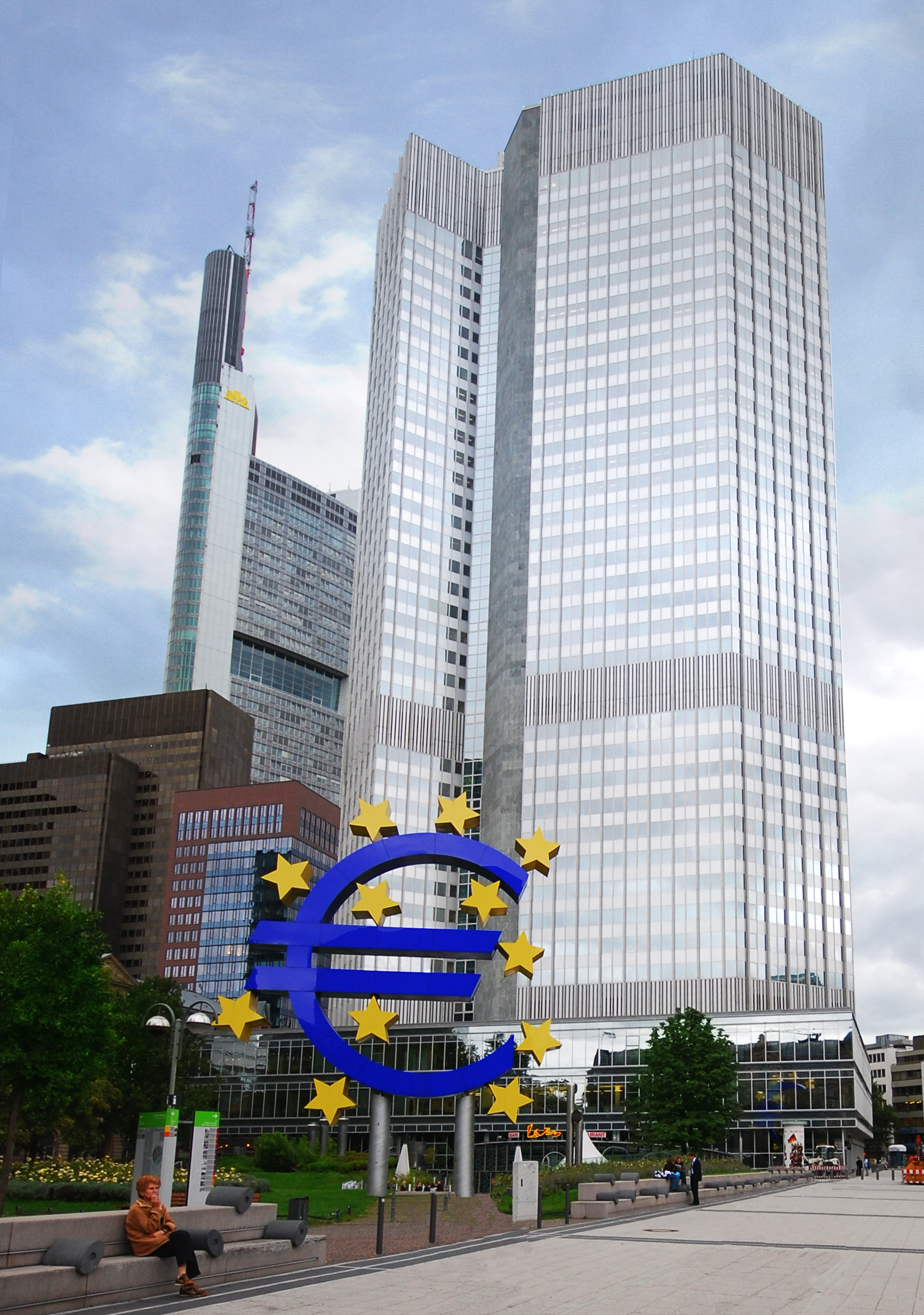Negotiating the International Climate Legacy
An urgent call for international and intergenerational justice at the UN climate talks, while Arab Youth Climate Movement forges change “In the session for the Green Climate Fund a woman from South Africa stood up to ask a question. She said, “My ancestral lands are going to go through a 4-5 degree increase even if … Read more
